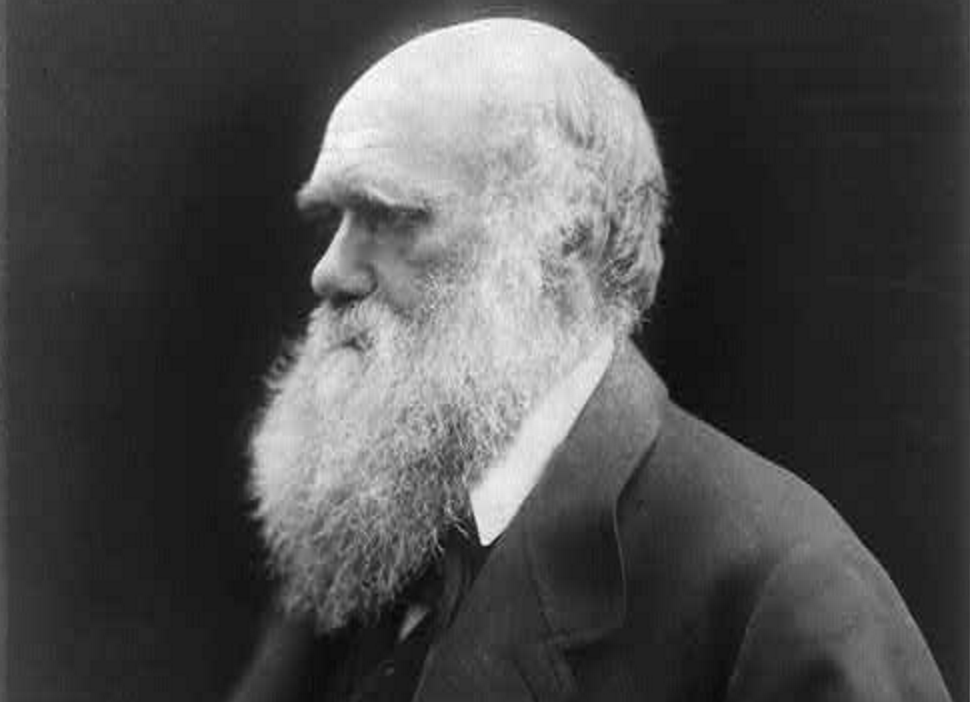Charles Darwin was never a great student—but he was an avid collector of beetles. After graduating from college, the budding naturalist accepted a position on the HMS Beagle to examine and collect specimens across the world. While stationed on the Galapagos Islands, Darwin recorded observations that led to the publication of “On the Origin of Species,” the genesis of the modern theory of evolution.
Charles Darwin’s Early Days
Charles Darwin was born on Feb. 12, 1809, in Shrewsbury, England, to Robert Waring Darwin and Susannah Wedgwood. His mother died when Darwin was 8 years old. The family was wealthy and the six Darwin children grew up educated and entertained through sports and other activities.
Charles Darwin was always attracted to the outdoors and developed some unusual interests: As a young boy he spent much of his time collecting beetles for observation.
Darwin attended Edinburgh University in Scotland, intending to follow in this father’s footsteps and become a physician. Darwin found medicine unpleasant, however, and disliked the sight of blood. The budding researcher sought solace in the natural world and began to write some of his first scientific papers. While at Edinburgh he was also strongly influenced by his professor, Robert Grant, an early evolutionist who believed that plants and animals were descended from a common marine ancestor.
Darwin transferred to Cambridge to pursue a career in the clergy. However, science remained his primary interest: he continued collecting beetles and writing scientific articles. At Cambridge, Darwin discovered two more naturalist mentors, botany professor John Stevens Henslow and professor of field geology Adam Sedgwick, who took Darwin on an exploratory tour of Wales.
Darwin’s Theory of Evolution
After Darwin received his degree, Henslow offered Darwin the chance to travel on the survey ship the HMS Beagle. Darwin spent five years aboard the vessel examining and collecting specimens representative of the geology and animal life of South America and the Pacific Islands.
In September 1835 the Beagle landed in the Galapagos Islands off the coast of Ecuador. Darwin set about observing and cataloging the islands’ many species of plants and wildlife.
“The natural history of this archipelago is very remarkable: it seems to be a little world within itself; the greater number of its inhabitants, both vegetable and animal, being found nowhere else,” Darwin wrote in his diary. The naturalist noted that, from island to island, the species he observed were similar in some aspects, but also notably distinct.
A few years after the trip, Darwin settled in London and began writing books about his travels. Through his writing, Darwin defined the theory of natural selection, which explains how life forms evolve over time to meet environmental challenges.
The theories ultimately coalesced into “On the Origin of the Species,” Darwin’s seminal work on evolution. Previous works had put forth similar ideas, but none from such a highly regarded naturalist.
The Rest of the Story
Initially, Darwin’s theories inspired controversy, even contempt. According to naturalist Sir David Attenborough, Darwin faced obstacles not only because of biblical teachings but because scientists did not yet know about DNA or continental drift.
According to Attenborough, contemporary scientists have made major advances that substantiate Darwin’s claims to such a degree that evolution cannot be denied. “Evolution is not just a theory,” Attenborough wrote. “It is historical fact like any other historical fact.” And, Attenborough claims, wider acceptance of evolution is more important today than ever before.
Attenborough argues that believing the message in Genesis that humanity has “dominion over the animals and plants” has provided people with the justification to cause major damage to the environment.
For its part, the Church of England has recognized the value of Darwin’s work. Last year, the church issued an official apology to Darwin for having argued against his theory of natural selection in the 19th century.
Many scientists and laypeople show respect to Darwin by observing Darwin Day, a global event on Darwin’s birthday that honors science and reason. The Darwin Day Celebration Web site has information on how to find or sponsor an event for the occasion.











